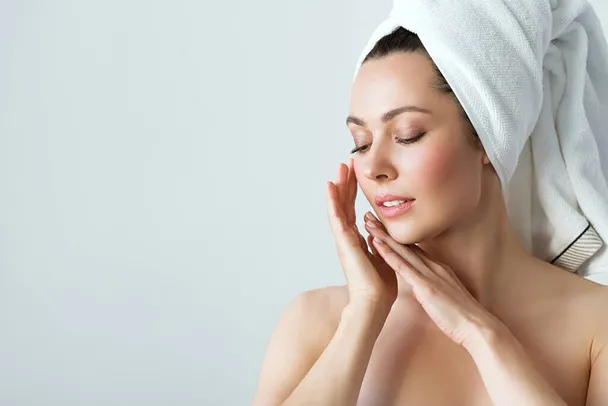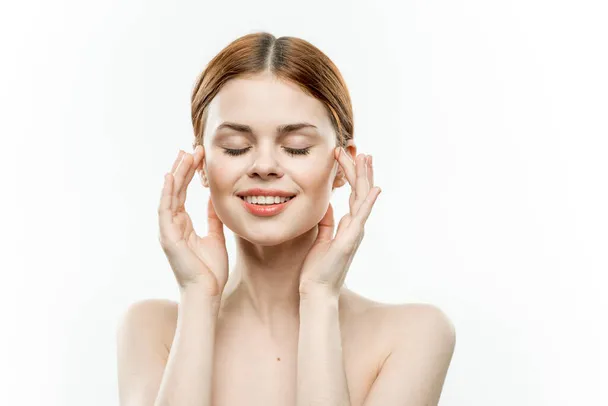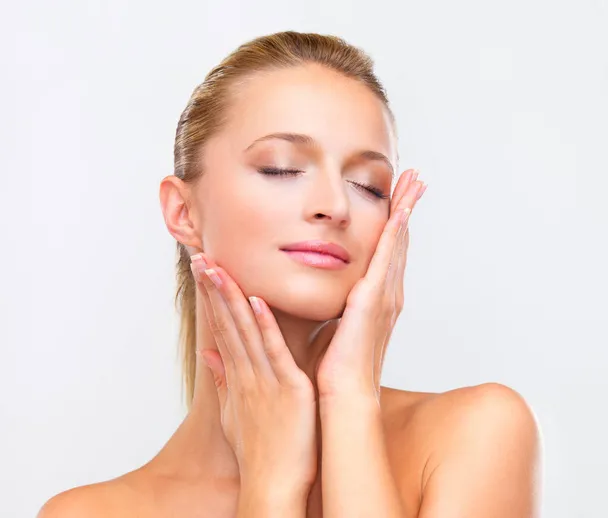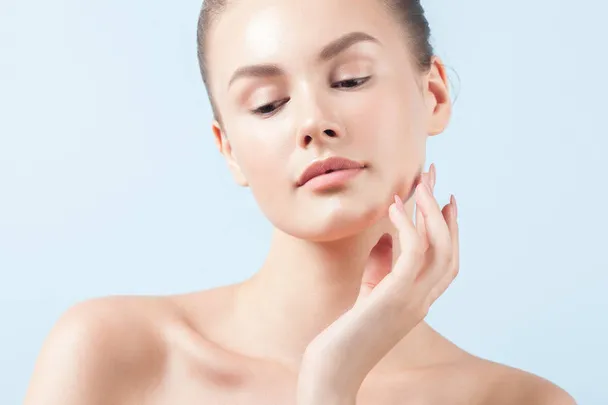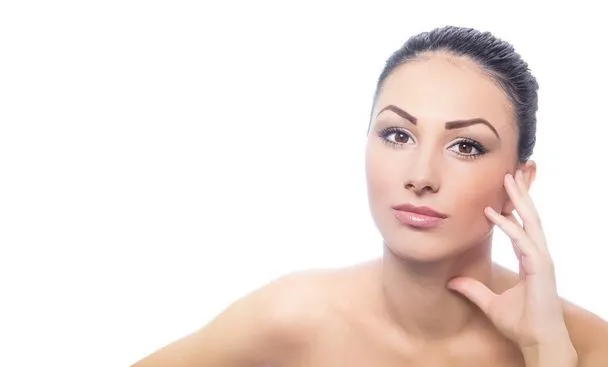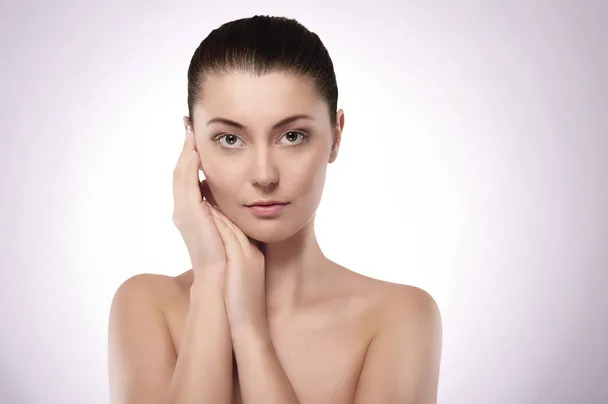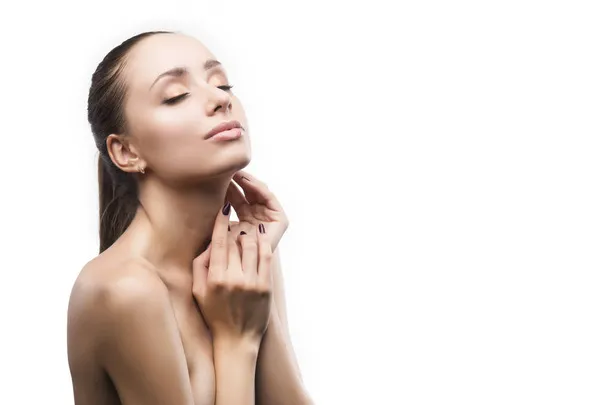How Long Does It Take for Botox Injections to Work?
Botox injections have become a popular cosmetic treatment for reducing wrinkles and fine lines, but many individuals are curious about how long it takes for Botox to start working and when they can expect to see results. Understanding the timeline of Botox effects can help individuals manage their expectations and plan their treatment schedule accordingly.
Immediate Effects:
Botox injections are renowned for their ability to reduce wrinkles and fine lines, but what immediate effects can individuals expect after receiving treatment? While the full results of Botox may take some time to manifest, there are immediate effects that some individuals may notice shortly after the injections. Understanding these immediate effects can provide insight into the initial stages of Botox treatment.
- Reduction in Muscle Movement: One of the immediate effects of Botox injections is a reduction in muscle movement in the treated area. Botox works by blocking the nerve signals that stimulate muscle contractions, thereby temporarily paralyzing or weakening the targeted muscles. As a result, individuals may experience a decrease in muscle activity immediately after receiving Botox injections.
- Feeling of Tightness: Some individuals may also experience a sensation of tightness or stiffness in the treated area following Botox injections. This feeling is often described as akin to mild pressure or tension and is a common occurrence as the Botox begins to take effect. The sensation of tightness typically subsides within a few hours to a day after treatment.
- Subtle Changes in Appearance: While the immediate effects of Botox injections are often subtle, some individuals may notice minor changes in their appearance shortly after treatment. These changes may include a slight smoothing of wrinkles and fine lines in the treated area or a subtle alteration in facial expression. However, these immediate effects are usually subtle and may not be readily apparent to others.
- Minimal Discomfort: Most individuals report minimal discomfort during and immediately after Botox injections. While the injections themselves may cause a brief pinching or stinging sensation, any discomfort typically subsides quickly. Some individuals may experience mild swelling, redness, or bruising at the injection sites, but these effects are usually mild and temporary.
- Gradual Onset of Effects: It’s important to note that while some individuals may notice immediate effects of Botox injections, the full results of treatment typically take several days to develop. Botox gradually begins to inhibit muscle contractions in the treated area, leading to smoother, more youthful-looking skin over time. The peak effects of Botox are usually reached approximately two weeks after treatment.
Onset of Action:
The onset of action of Botox injections marks the initial phase of the treatment’s effectiveness, showcasing the beginning of muscle relaxation and wrinkle reduction. Typically, within a few days to one week following the injection, individuals may start to notice subtle changes in the treated area. During this time, the botulinum toxin present in Botox begins its work, blocking the nerve signals responsible for triggering muscle contractions. As a result, muscle activity in the treated area gradually diminishes, leading to a reduction in dynamic wrinkles and fine lines.
While the onset of action of Botox begins relatively soon after treatment, it’s important to understand that the full effects may take some time to develop. Despite the initial reduction in muscle activity, the visible improvements in wrinkles and fine lines may not be immediately apparent. Instead, it may take up to two weeks for the full effects of Botox to become noticeable. During this time, the muscles continue to relax, and the skin begins to smooth out as a result of reduced muscle movement.
Peak Results:
The culmination of Botox treatment is often marked by the attainment of peak results, typically occurring around two weeks following the injections. During this period, individuals can expect to experience the full extent of Botox’s efficacy, resulting in significant improvements in the appearance of wrinkles and fine lines, as well as a rejuvenated complexion. Here’s what to anticipate during the peak results phase of Botox treatment:
- Noticeable Reduction in Wrinkles and Fine Lines: At the peak of Botox treatment, individuals will observe a considerable reduction in the prominence of wrinkles and fine lines in the treated area. Dynamic wrinkles, such as frown lines, crow’s feet, and forehead lines, will appear visibly smoother and less pronounced. Botox effectively inhibits muscle contractions, preventing the formation of creases and folds in the skin, resulting in a more youthful and refreshed appearance.
- Smoother, More Youthful-Looking Skin: With the onset of peak results, individuals will notice a marked improvement in the overall texture and tone of their skin. The treated area will appear smoother, firmer, and more supple, with diminished signs of aging and increased radiance. Botox’s ability to relax targeted muscles and reduce muscle activity contributes to a rejuvenated complexion, imparting a youthful glow to the skin.
- Temporary Paralysis of Treated Muscles: During the peak results phase, the muscles in the treated area will undergo temporary paralysis due to the effects of Botox. By blocking the nerve signals that control muscle contractions, Botox effectively immobilizes the treated muscles, preventing them from contracting and causing wrinkles to form. This temporary paralysis allows the skin to relax and smooth out, further enhancing the aesthetic outcomes of Botox treatment.
- Enhanced Facial Appearance and Expression: As wrinkles and fine lines diminish, individuals will notice an overall enhancement in their facial appearance and expression. The reduction in dynamic wrinkles allows for more natural facial movements and expressions, preserving facial expressiveness while minimizing the visible signs of aging. With smoother, more youthful-looking skin, individuals may experience a boost in confidence and self-esteem.
Duration of Effects:
Understanding the duration of effects is essential for individuals considering Botox injections as a cosmetic treatment for reducing wrinkles and fine lines. While Botox offers temporary rejuvenation, the longevity of its effects varies among individuals and depends on several factors. Here’s what to expect regarding the duration of Botox’s effects:
- Average Duration: The effects of Botox injections typically last for approximately three to four months. During this time, individuals experience a significant reduction in wrinkles and fine lines, along with smoother, more youthful-looking skin. Botox effectively inhibits muscle contractions, preventing the formation of creases and folds in the skin, and resulting in a rejuvenated appearance.
- Individual Variances: The duration of Botox’s effects can vary widely among individuals due to factors such as metabolism, muscle activity, and the dosage of Botox administered. Some individuals may experience prolonged results exceeding four months, while others may notice the effects wearing off more quickly. Additionally, factors such as age, skin type, and lifestyle habits can influence the longevity of Botox’s effects.
- Muscle Activity and Metabolism: Muscle activity and metabolism play crucial roles in determining how long Botox’s effects last. Individuals with more active facial muscles or faster metabolic rates may metabolize Botox more rapidly, leading to a shorter duration of effectiveness. Conversely, individuals with less active muscles or slower metabolic rates may enjoy longer-lasting results from Botox injections.
- Dosage and Treatment Area: The dosage of Botox administered and the treatment area also influence the duration of its effects. Higher doses of Botox may provide more prolonged results, while smaller doses may result in shorter-lasting effects. Additionally, Botox injected into larger muscle groups, such as the forehead or glabellar region, may wear off more quickly than injections into smaller muscle groups.
- Gradual Return of Muscle Activity: As the effects of Botox begin to wear off, muscle activity gradually returns to normal, and wrinkles may gradually reappear. This process typically occurs gradually over several weeks, allowing individuals to monitor changes in their appearance and schedule maintenance treatments as needed to maintain their desired results.
Maintenance Treatments:
Maintaining the results of Botox treatment requires a proactive approach to skincare and regular follow-up appointments with healthcare providers. While Botox offers temporary rejuvenation, consistent maintenance treatments are essential to sustain its effects and preserve a smooth, youthful complexion. Here’s what individuals need to know about scheduling and undergoing maintenance treatments for Botox:
- Frequency of Maintenance Treatments: To ensure that the effects of Botox are sustained over time, most healthcare providers recommend scheduling follow-up appointments every three to four months. This interval allows for timely assessment of the individual’s response to Botox and adjustment of treatment plans as needed. By adhering to a regular treatment schedule, individuals can maintain optimal results and minimize the reemergence of wrinkles and fine lines.
- Individualized Treatment Plans: Each individual’s response to Botox treatment may vary, necessitating the development of personalized treatment plans tailored to their specific needs and goals. During follow-up appointments, healthcare providers will evaluate the individual’s facial anatomy, muscle activity, and treatment outcomes to determine the most appropriate course of action. Adjustments to the dosage, injection technique, and treatment area may be made to optimize results and address any emerging concerns.
- Monitoring Changes in Appearance: Between maintenance treatments, individuals should monitor changes in their appearance and facial expression to assess the longevity of Botox’s effects. As the effects of Botox begin to wear off, muscle activity may gradually return to normal, resulting in the reemergence of wrinkles and fine lines. By staying vigilant and proactive, individuals can identify the need for maintenance treatments and schedule appointments accordingly to maintain their desired results.
- Long-Term Benefits of Maintenance Treatments: Consistent maintenance treatments offer long-term benefits for individuals seeking to preserve a youthful complexion and minimize the signs of aging. By adhering to a regular treatment schedule, individuals can prevent the progression of wrinkles and fine lines, maintain muscle relaxation, and prolong the aesthetic outcomes of Botox injections. Additionally, ongoing maintenance treatments support collagen stimulation and skin rejuvenation, contributing to overall skin health and vitality.
- Consultation with Healthcare Provider: Before undergoing maintenance treatments, individuals should consult with their healthcare provider to discuss their goals, concerns, and treatment options. During these consultations, healthcare providers will assess the individual’s response to previous treatments, evaluate changes in their appearance, and recommend appropriate strategies for maintaining optimal results. Open communication and collaboration between individuals and healthcare providers are essential for achieving successful outcomes with Botox treatment.
while some individuals may notice immediate effects after receiving Botox injections, the full results typically take one to two weeks to become apparent. The peak effects of Botox are usually reached around two weeks after treatment, and the effects generally last three to four months. By understanding the timeline of Botox effects and scheduling maintenance treatments as needed, individuals can achieve and maintain a rejuvenated appearance with Botox injections. However, it’s essential to consult with a qualified healthcare provider to discuss individual goals, expectations, and treatment options for achieving optimal results with Botox.

